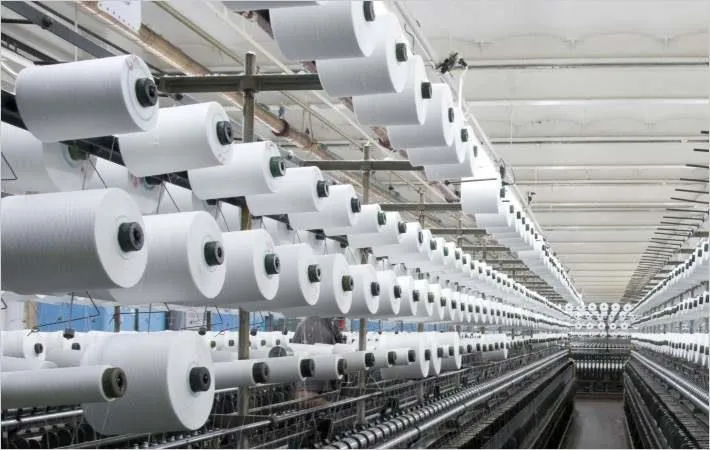(3 minutes read)
Textile firms operating in the country currently import all of their synthetic fabrics, particularly from East Asian countries. The country lacks textile mills to produce fabrics to the required quantity and quality, especially for the export market
The government is seeking to contract private firms to manufacture synthetic fabrics locally to enhance local production and exports as the country is set to reduce dependence on imports. Textile firms operating in the country currently import all of their synthetic fabrics, particularly from East Asian countries. The country lacks textile mills to produce fabrics to the required quantity and quality, especially for the export market.
The Ministry of Investments, Trade, and Industry has invited manufacturers to express interest in manufacturing synthetic fabrics for the textile and apparel subsector in Kenya. In contrast to organic fabrics which are made from organic materials such as cotton, wool, silk, and linen, synthetic fabrics are made from petrochemicals.
In the recent past, there have been efforts by both the government and private sector to promote cotton growing with a view to addressing the shortage of cotton lint. However, there is a need to promote the manufacture of synthetic fabrics which form a huge part of raw materials for both domestic and export markets.
Most textile firms operate from within the export processing zones (EPZ) where they enjoy preferential tax rates. The total consumption of fabric in the country is estimated to be 100 million metres per year. Kenya generates over US$500 million (Sh73.9 billion) annually from exports of textiles and apparel which account for about 30 percent of total industrial export growth.
Read Also:
https://trendsnafrica.com/kenya-draws-over-70-of-its-energy-requirements-from-renewable-sources/
https://trendsnafrica.com/airtel-kenya-shows-profit-company-strategize-plans-to-take-on-starlink/
The ministry said successful bidders will be allowed to join the Special Economic Zones (SEZ) or EPZ programme to enjoy different incentives offered by the government. Production of textiles shrunk by 3.3% in 2022 mainly attributed to the decrease of 4.2 and 6% in quantities of produced woven fabric and knitting yarn of wool respectively.





